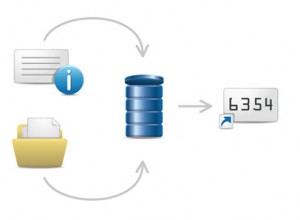
Written by Mark Goros, CEO of Caringo Inc.
1. Object Storage will bring Cloud economics to any organization in 2012
A key to the affordability delivered with cloud storage is to begin with commodity components in a redundant, multi-tenant architecture with highly efficient disk utilization. These benefits are driven by object storage infrastructure which most assume is due to economies of scale and proprietary development, however advancements in object storage including significant progress in standardization of interfaces and a maturing ISV ecosystem, are making object storage one of the best options for organizations looking to cost effectively store their unstructured data.
2. The Relentless Growth of Data Will Expose the Limitations of SAN and NAS
The complexities and costs of traditional NAS and SAN storage arrays will continue to become increasingly prohibitive as a viable long-term storage option for unstructured data. Information created by organizations will need to be stored and accessible for indefinite periods of time driven by the ability to re-use and by regulatory compliance purposes. Object storage will be one of the few ways that organizations can easily and cost effectively store massive libraries of information that are instantly accessible.
3. Object Storage will enable the Adoption of Hybrid and Private Cloud
Organizations will increase their adoption of hybrid and private cloud storage solutions as IT departments look to solve management and cost issues associated with data growth. The move to hybrid and private cloud solutions will be based primarily on the ability to guarantee the security and integrity of their information while still benefiting from cloud economics.
4. Object Storage Will Help with File Count in Addition to Storage Capacity
In addition to an increase in capacity organizations are also seeing an increase in number of files driven by Big Data applications, research equipment, and continued optimization of web delivered information. These files range from a few KBs to tens of TBs and are exposing the limitations of file system. As the number of files increase file systems become less responsive requiring IT to purchase new storage systems to increase performance and responsiveness instead of capacity. Organizations will turn to object storage to provide a flat and highly efficient address space with no limit in file count or capacity.
5. Data Growth Will Prohibit Backups
As data sets grow backup windows get longer and longer until they ultimately become unmanageable and IT must decide what data to backup or even worse, not backup at all. Object storage will be turned to as organizations realize that they can use file replication and integrated self-healing, self-optimization and metadata driven data lifecycle management to eliminate backups altogether.